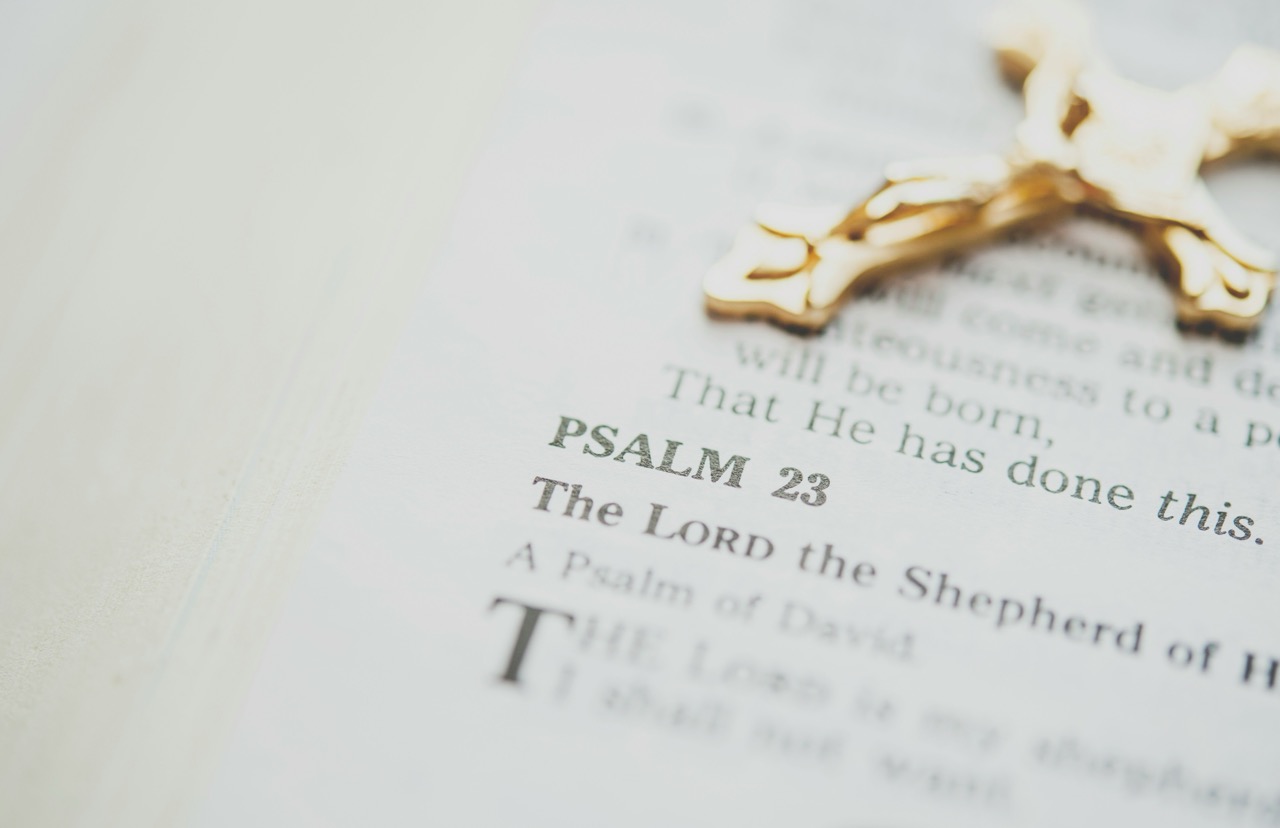The Importance of Family in Genesis: Blessings and Struggles

The Book of Genesis serves as a foundational text in the Judeo-Christian tradition, outlining the origins of humanity, creation, and the early history of the Israelite people. It intricately weaves themes of family throughout its narratives, showcasing both the beauty and complexity of familial relationships. In Genesis, families are portrayed not only as units of society but also as vehicles for divine blessings and manifestations of human struggles. Understanding the dynamics of family in Genesis offers insights into the nature of faith, legacy, and the human experience.
Understanding Family Dynamics in the Book of Genesis
Family in Genesis is depicted through a diverse tapestry of relationships, from the patriarchs to matriarchs and their descendants. The text introduces us to pivotal figures such as Abraham, Sarah, Isaac, Rebekah, Jacob, Rachel, and Leah. These characters embody various familial roles, showcasing how their interactions shape the narrative and set the stage for future generations. The relationships are often colored with love, rivalry, and profound loyalty, reflecting the multifaceted nature of family life.
Furthermore, Genesis illustrates the importance of lineage and inheritance, establishing how familial ties define identity and purpose. The covenant made by God with Abraham marks a significant moment where family becomes central to divine promises. The emphasis on descendants and their roles underscores the idea that family is not merely a social construct but a divinely ordained institution tasked with carrying forth God’s blessings and covenant. Thus, the family dynamics in Genesis serve as a precursor to the unfolding story of Israel, intertwining personal identities with communal destiny.
Additionally, Genesis presents the family as a microcosm of broader societal dynamics, offering insights into cultural norms and practices of the time. Marriages, sibling relationships, and parent-child dynamics reflect the social structures prevalent in ancient Near Eastern societies. The tensions and resolutions within these families mirror larger themes of faith, obedience, and the struggle for divine favor, allowing readers to glean lessons applicable to both ancient and modern contexts.
Blessings Bestowed: The Role of Family in Genesis
In Genesis, family is often portrayed as a conduit for God’s blessings and promises. The covenant between God and Abraham exemplifies this, as God promises to make Abraham the father of a great nation, ensuring that blessings will flow through his descendants. This notion of blessing is not limited to material wealth or success; it encapsulates spiritual heritage and a relationship with the divine that is passed down through generations. The emphasis on familial lineage makes clear that the blessings of one generation are meant to enrich the next, fostering a sense of continuity and purpose.
Moreover, the family structure serves as a platform for divine intervention and revelation. For example, Isaac’s miraculous birth to Abraham and Sarah at an old age signifies God’s active role in fulfilling His promises. Similarly, Joseph’s journey from favored son to slave to ruler illustrates how familial relationships can propel individuals toward their divine destinies. Each character’s experiences within their family provide opportunities to encounter God’s grace and favor, reinforcing the idea that familial bonds are integral to understanding divine blessings.
Additionally, the blessings bestowed upon families in Genesis often come with responsibilities. The narrative frequently highlights the importance of nurturing faith and ethical conduct within the family unit. For instance, Abraham’s challenge to sacrifice Isaac tests not only his faith but also the integrity of the familial covenant. This relationship between blessings and responsibilities emphasizes that being part of a family in Genesis is both a privilege and a calling, where each member plays a role in upholding and extending God’s promises.
Challenges Faced: Family Struggles in Genesis Narratives
While the Book of Genesis depicts the family as a source of blessings, it also vividly portrays the struggles and conflicts that arise within familial relationships. Rivalries, jealousy, and betrayal are prominent themes that serve to complicate the notion of family unity. The story of Jacob and Esau illustrates a profound sibling rivalry that results in deception and estrangement, representing the potential for familial discord. These conflicts often lead to significant personal and communal consequences, shaping the trajectory of the characters involved.
A notable example of family struggle is the dynamic between Jacob, Rachel, and Leah. Their competition for Jacob’s affection and the ensuing strife over childbearing reveal deep-seated issues of insecurity and desire for recognition. The emotional turmoil experienced by these women not only impacts their immediate family structure but also has lasting effects on their children, who become embroiled in the conflicts of their mothers. This highlights how unresolved issues within a family can reverberate through generations, complicating relationships and impacting communal identity.
Additionally, the narratives in Genesis often illustrate the consequences of familial sins, such as favoritism and deceit. The tragic story of Joseph, sold into slavery by his brothers out of jealousy, underscores how destructive emotions can fracture familial bonds. These narratives serve as cautionary tales, reminding readers of the potential for sin to disrupt the blessings intended for families. Ultimately, the struggles faced by families in Genesis reveal the complexities of human relationships and the profound impact of personal choices on collective destiny.
Lessons Learned: The Impact of Family on Faith and Legacy
The stories within Genesis present valuable lessons about the interplay between family, faith, and legacy. One prominent theme that emerges is the idea of faith being nurtured and transmitted within family structures. The covenants made with patriarchs like Abraham, Isaac, and Jacob emphasize the importance of passing down faith and moral teachings to subsequent generations. This transmission of faith becomes a cornerstone for the identity of the Israelite people, illustrating how family serves as a primary context for spiritual development.
Furthermore, the struggles faced by families in Genesis offer profound insights into the nature of forgiveness and reconciliation. The eventual reunion of Joseph with his brothers serves as a poignant reminder that healing is possible even amidst deep familial wounds. The journey of reconciliation not only restores personal relationships but also reinforces the strength and resilience of family units. These narratives encourage readers to reflect on their own familial relationships and the possibility of restoration, emphasizing that faith can act as a catalyst for healing.
Lastly, the legacy established by families in Genesis sets the stage for future generations, demonstrating the importance of living lives that honor family commitments and divine mandates. The consequences of choices made by individuals within these families create ripples that affect their descendants, shaping the course of history. The emphasis on legacy in Genesis encourages a sense of responsibility among readers, prompting them to consider how their actions today may influence their families and communities for generations to come.
The Book of Genesis intricately portrays the significance of family as both a source of blessings and a crucible for struggles. From the rich tapestry of relationships to the lessons of faith and legacy, the narratives invite readers to engage with their own familial experiences and the broader implications of family dynamics. Genesis teaches that while struggles are inevitable, the potential for blessings and growth through relational challenges remains a vital aspect of the human experience. Ultimately, the exploration of family in Genesis underscores its essential role in shaping identity, faith, and the future of communities.




